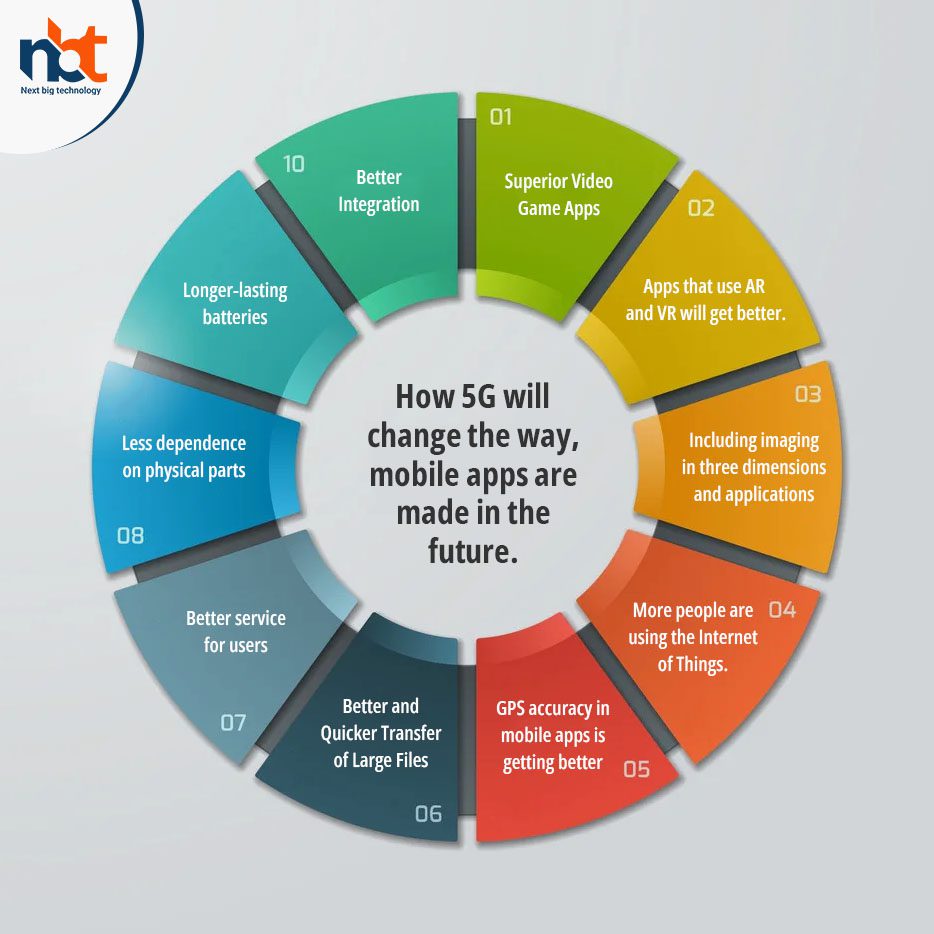The Impact of 5G on Real-Time Software Applications and Services is revolutionizing how we interact with technology. As we stand on the brink of this new era, 5G promises to enhance connectivity, reduce latency, and empower innovative applications like never before. From gaming to telemedicine, the implications of this technology are vast, opening new doors for seamless communication and real-time data processing.
With the ever-increasing demand for instantaneous responses, the introduction of 5G is set to transform various sectors by enabling applications that require real-time data sharing. This advancement not only elevates user experiences but also pushes the boundaries of what’s possible in fields such as autonomous driving and smart cities.
In the digital age, understanding the importance of effective communication has never been more crucial. Whether you are a professional addressing colleagues, a student presenting to a class, or someone simply engaging in casual conversation, the art of conveying your thoughts clearly and respectfully can significantly impact your interactions. This article will explore the key components of effective communication and how you can apply them in various contexts.### The Basics of Effective CommunicationEffective communication is the process of sharing information in a way that is easily understood by others.
It involves not only what you say but also how you say it. Here are the fundamental elements that contribute to effective communication:
1. Clarity and Conciseness
The message should be clear and to the point. Avoid using jargon or overly complex words that might confuse your audience. A straightforward approach helps ensure that your message is understood as intended.
2. Active Listening
Communication is a two-way street. It’s not just about speaking but also about listening. Active listening involves fully concentrating on what is being said rather than just passively hearing the message. This can be achieved through encouragement, summarizing, and asking open-ended questions.
3. Body Language
Non-verbal cues can often speak louder than words. Your posture, gestures, and facial expressions all contribute to how your message is perceived. Being aware of your body language can help reinforce your message and convey confidence.
4. Empathy
Understanding and being sensitive to the feelings of others can enhance communication. Empathy allows you to tailor your message in a way that resonates with your audience, fostering a more meaningful connection.
5. Feedback
Encouraging feedback from your audience helps to ensure that your message was understood. It also opens the door for dialogue, allowing for clarification and further discussion.### Contextual Application of Communication Skills#### In the WorkplaceIn a professional setting, effective communication is pivotal for teamwork and collaboration. Here are some tips for enhancing communication in the workplace:
Clear Instructions
When delegating tasks, provide clear and specific instructions. This minimizes misunderstandings and sets clear expectations.
Regular Check-Ins
Make it a habit to regularly check in with team members. This shows that you are engaged and allows for any issues to be addressed promptly.
Constructive Criticism

When providing feedback, focus on the behavior rather than the person. Use specific examples to illustrate your points and always offer suggestions for improvement.#### In Academic SettingsFor students, communication skills are essential for success in both presentations and group work:
Preparation
Before presenting, ensure you understand your material thoroughly. Practice your delivery to enhance your confidence.
Engagement with Peers
In group projects, establish open lines of communication where all members feel comfortable sharing their ideas. This encourages collaboration and innovation.
Utilize Visual Aids
When presenting information, visual aids can help clarify your points and keep your audience engaged.#### In Personal InteractionsEffective communication is equally important in personal relationships:
Open Dialogue
Foster an environment where both parties feel comfortable sharing their thoughts and feelings. This builds trust and strengthens the relationship.
Conflict Resolution
When disagreements arise, approach the situation calmly. Use “I” statements to express how you feel without placing blame.
Quality Time
Spending quality time together can enhance communication. It allows for more relaxed conversations and strengthens your bond.### The Role of Technology in CommunicationIn today’s world, technology plays a significant role in how we communicate. From emails to video conferencing, understanding how to navigate these tools is essential:
Email Etiquette
When communicating via email, use a professional tone. Be sure to include a clear subject line, a polite greeting, and a thoughtful closing.
Video Conferencing
With the rise of remote work, mastering video conferencing tools is vital. Ensure you are in a quiet space, dress appropriately, and maintain eye contact with the camera to engage your audience.
Social Media
While social media can facilitate communication, it’s essential to be mindful of your posts and interactions. Always consider how your words may be interpreted by others.### ConclusionIn conclusion, effective communication is a vital skill that can enhance every aspect of your life. By focusing on clarity, active listening, body language, empathy, and feedback, you can improve your interactions in both personal and professional settings.
As we navigate the complexities of modern communication, being aware of the tools and techniques available will help us connect more meaningfully with others. Remember, communication is not just about exchanging information; it’s about building relationships and understanding each other on a deeper level.




